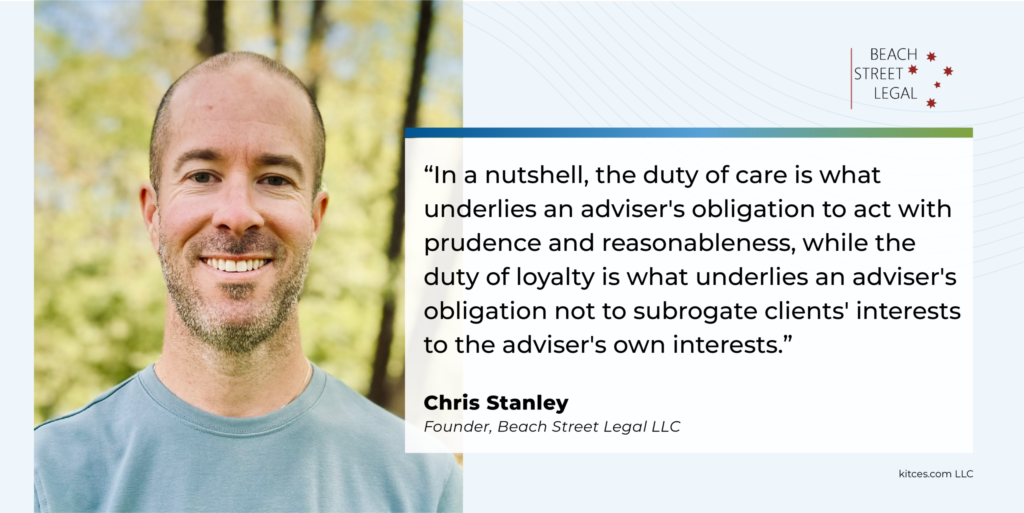Investment advisers are fiduciaries that owe a duty of care and loyalty to their clients. One component of this duty of care is an obligation to seek best execution of client securities transactions. While this requirement might sound relatively straightforward, the lack of a single definition for what this duty actually requires can make it challenging for advisers seeking to understand precisely what it means to comply with this responsibility.
One of the best sources of guidance from the Securities and Exchange Commission (SEC) is a 1986 interpretive release that unofficially sets forth a framework for satisfying the fiduciary duty to seek best execution of securities transactions in client accounts. Broadly, the statement says that an adviser should consider the totality of services that it brings to the table, including both quantitative and qualitative factors such as the value of investment research the custodial broker-dealer provides to the adviser, execution capability (i.e., the types of investment products or strategies that a custodial broker-dealer can handle in an accurate and timely fashion), and commission rates (which can include asset-based pricing, platform fees, account activity fees, and more), among others.
The SEC, in its interpretive release, sets an expectation of “periodic and systematic evaluation” (i.e., initial and ongoing due diligence) of the custodial broker-dealer(s) that are used for client securities transactions, indicating that advisers should perform initial due diligence on any new custodial broker-dealer to be used for client securities transactions, and then periodic ongoing due diligence of said custodial broker-dealer thereafter (though the SEC does not prescribe any particular frequency of such evaluations).
Notably, much of the language from the 1986 SEC Interpretive Release was later reiterated in a 2018 SEC Risk Alert and a 2019 SEC Interpretation. These 2 communications suggested that advisers have differing responsibilities depending on whether they are responsible for selecting broker-dealers and executing client trades, which suggests that advisers that have not accepted the responsibility to select custodial broker-dealers on behalf of the client (e.g., because the client voluntarily directs the adviser to execute trades on their behalf at a particular broker of the client’s choosing), or did not recommend such a directed arrangement, is not under an obligation to seek the best execution of client transactions (though the adviser must still disclose the possible downside possibilities of such an arrangement, such as less favorable execution and/or higher costs).
Finally, the SEC Division of Enforcement’s extension of best execution principles to advisers’ mutual fund share class selection, as evidenced by the string of enforcement actions that resulted from the SEC’s iterative Share Class Initiative that originated in 2016, suggests that there is a de facto best execution obligation for an adviser to select the lowest cost share class a client is eligible for within a mutual fund. Which might require advisers to periodically scrub the roster of mutual funds they purchase for clients to confirm that no lower-cost share class alternatives are available and that clients with existing mutual fund holdings are not eligible for a tax-free conversion to a lower-cost share class within the same mutual fund.
Ultimately, the key point is that by remaining mindful of both the quantitative and qualitative factors that the SEC expects to be considered when initially and periodically evaluating such custodial broker-dealers, advisers can ensure they not only fulfill their fiduciary duty to seek the best execution on behalf of their clients but also continue delivering the best possible outcomes!
Read More…
